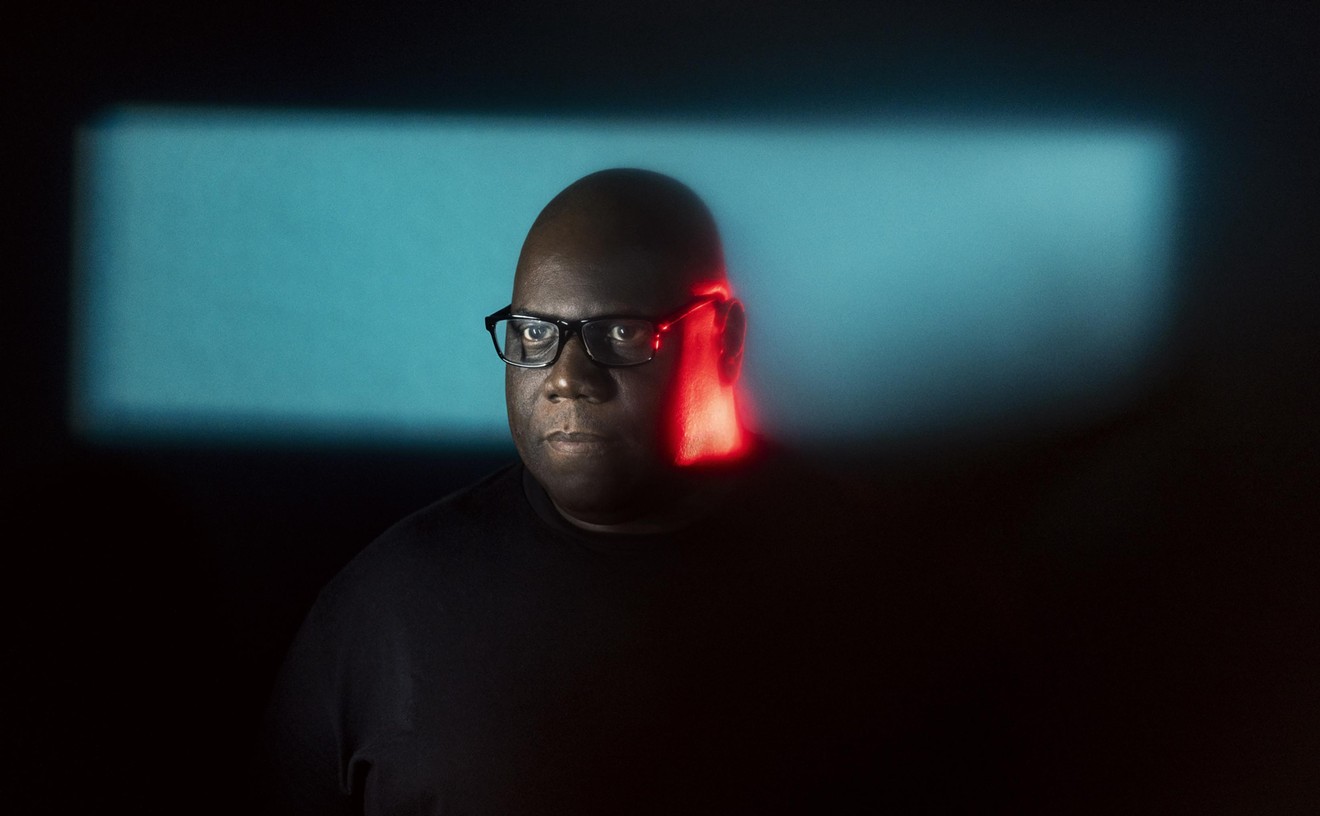In the Sixties, while British Invasion bands dominated the Anglophone music scene, a group of young Brazilian performers took their own unique look at the possibilities of rock music. They soon began spreading the seeds of what would become known as the Jovem Guarda (the Young Guard), a movement that stood in contrast to the establishment of Brazilian music and enthralled the country's teens. Like their British counterparts, these performers wrote their own songs (different from Brazil's early rockers, who often simply recorded Portuguese versions of American hits), and with a little help from the media, they quickly became Brazil's first bona fide rock stars.
At the helm of this group was Roberto Carlos, who became often introduced as "Brazil's Elvis" during live radio broadcasts, and would soon be dubbed — like Elvis — "The King." A proof of his appeal at the time: Carlos's 1965 single "Quero Que Va Tudo para o Inferno" ("I Want Everything to Go to Hell") even topped the Beatles' "Yesterday" in sales that year.
But as the music scene changed, so did Carlos. The mid-Seventies saw him shift his style to cater to a wider adult audience. And that move only made his popularity grow, especially with the help of the country's Globo TV network, which has, since then, broadcast a star-studded yearly holiday special of his greatest hits. (The tradition was broken only once, in 1998, in the wake of his second wife's fatal illness.) Always keen on finding new markets, Carlos also began recording in Spanish and French (although a sole English-language disc in 1982 was not well received).
In the Nineties, Carlos's early music was rediscovered by the country's younger generation (who knew him only for his latter-day sentimental, romantic material). This came thanks to new bands such as Nação Zumbi and Barão Vermelho, which collaborated on Rei, a 1995 tribute disc with new recordings of his Sixties and Seventies hits. The renewed public interest prompted him to finally revisit those songs, some of which he hadn't performed live in years, in a 2001 Unplugged concert for MTV Brasil.
Last year, however, Carlos became the focus of much controversy in his home country as he successfully sued to block the sale of Roberto Carlos em Detalhes (Roberto Carlos in Details), an unauthorized biography written by historian Paulo Cesar de Araujo. He told a Brazilian news program the tome was an invasion of his privacy and "there was no need to publish something like that without consulting me first." During the same interview, he admitted having sought treatment for OCD, a disorder that has affected him for decades. Even though the book became a best-seller, the remaining available copies were recalled after five months on the stands, and the paper used to print them has reportedly been recycled.
Now, at age 65, Carlos continues to record and perform regularly. In addition to his romantic songs, his rebirth in the Christian faith has inspired him to write and record religious tunes, which have also made their way onto his set lists.










